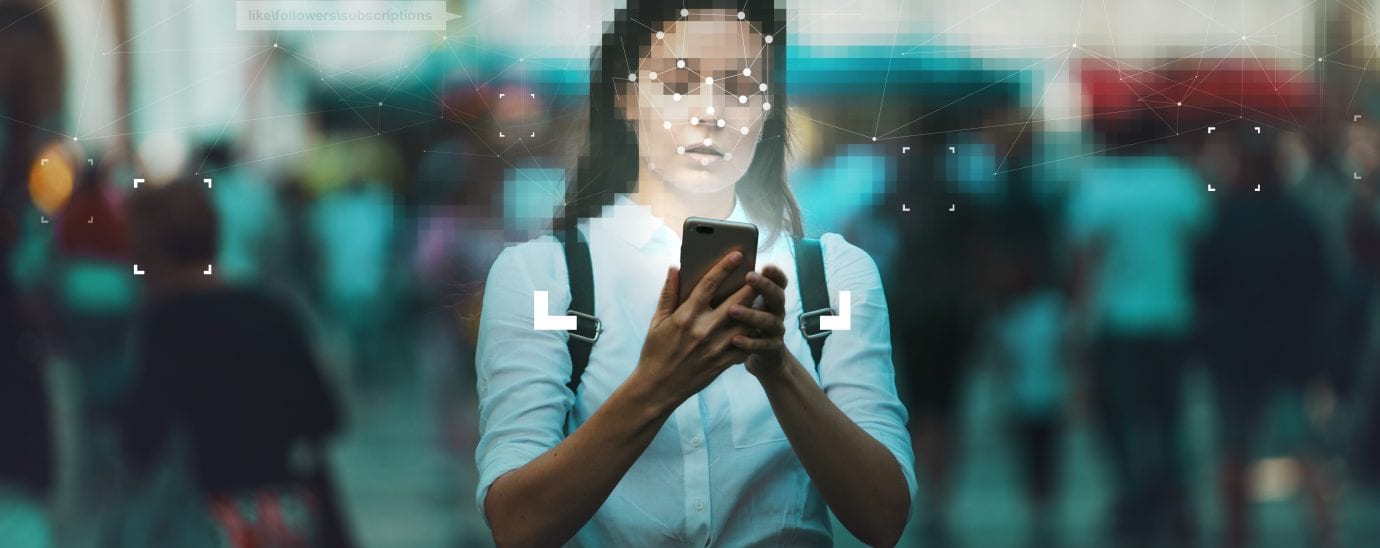5 Effective Ways of Personal Data Protection

For all the hundreds and thousands, we spend behind protecting our physical privacy and security, the irony is that most individuals and even businesses remain pretty lax about the most valuable thing stored in their networks – the reams and reams of data that may contain anything from proprietary business information, trade secrets, personally identifiable information about employees or clients, or highly valuable health data or financial records. Any breach of this data can result in a leak of your employee’s or, your customer’s social security number, credit card or bank account information, and more.
According to CybersecurityDive, the pandemic year saw companies across sectors report 3,932 breaches, with a total of a stunning 37 billion records exposed. While advanced tactics in network penetration and supply chain attacks garnered eyeballs, thanks to FireEye and SolarWinds, the major causes of breaches remain negligence and human error that threat actors exploited. To know more, reach out to IT Support Los Angeles and learn how to protect your business from data breaches.
So, what can you do to protect and enhance the security and privacy of your personal data? As usual, the key in building up a good defense lies in understanding your asset (personal data) and the vulnerabilities surrounding it. By doing this, you can develop an intuitive understanding of password hygiene and other critical safety parameters to keep your data safe and reduce exposure to risks, such as, identity theft.
What is personal data?
Personal data refers to data or information that can be used to trach you down and target you as an individual. This can include:
- Name
- Address
- Phone number
- Email address
- IP address (individual)
- Medical, criminal, or financial history
- Age
- Social security number
- Biometric information
- Models, profiles or maps built using that data
The problem is that nearly all websites and applications that we use on a daily basis collect this data. Given how many of these we have used over the years – it can be virtually impossible (or, at least a humongous task) for anyone to track down every site that has access to their basic info and prevent hackers from gaining access to these sites. According to the FTC, the cost of identity theft in the United States is set to reach $50 billion per year.
What is data privacy?
Data privacy is essentially an overarching concept that covers the limit to which personal data and sensitive information can be shared with third parties by a website or an application where the user has made this data available. It deals with the specifics of what, when, where, why and how of data sharing. When users sign up at any website or an application, they are generally asked to sign a user agreement that contains details of how and to what extent the company may use the private information shared by the user and whether this data can also be accessed by third parties. However, average users often tend to ignore the End User License Agreement (or, EULA) in their hurry to get access to the product or service made available by the website or application. Managed IT Services Los Angeles can help figure out and adhere to privacy laws and compliance requirements in your area.
5 Effective Ways to Protect Your Personal Data
Here are the top five simple ways to protect your data privacy and security online to reduce your risk exposure to breaches:
- Maintain optimum password hygiene:
Being unpredictable in your passwords and never repeating the same password on any other site or application is one of the best ways to keep your information secure. Generously sprinkle your passwords with a combination of upper and lower case letters, numbers and punctuation marks. If you are afraid of forgetting your passwords, use an effective password manager to manage the long list of passwords you use on various sites and applications.You can also use the free Password Manager service provided by Google to check if your data has been exposed in any third-party breaches and change them, if required.
- Send companies a request to remove personal information:
With awareness about data risks growing, many governments and authorities have clamped down on unrestricted data usage with strict data handling and privacy responsibility of companies in handling customer data. Many states now require websites and applications to clearly indicate if and how they are collecting user’spersonal information. You can choose to opt out of this information collection process altogether and also ask companies to delete the personal data they have previously collected from you.
- Encrypt Your Data:
To dissuade hackers from targeting your information, you can choose to encrypt all your data so it reads scrambled to all but authorized users. Text messaging platforms like Signal and Whatsapp already offer this feature. But you can go a step ahead and choose to encrypt other data on your phone as well using free apps available on iPhone and Android. For sensitive documents, productivity applications like Microsoft Office and Adobe Acrobat allows you to protect documents with passwords and even specify the level of encryption. Encrypting File System (EFS) and disk encryption can allow you to protect your hard drives and other portable storage devices.
- Use multi-factor authentication:
You should always opt to use multi-factor authentication wherever it’s offered. This prevents unauthorized access unless the hacker has access to two of your personal devices.
- Beware of phishing, vishing and smishing attempts:
Phishing attacks use social engineering tactics to manipulate users into performing actions that reveal personal data pertaining to themselves or the organization they work for. These actions can include anything from clicking on malicious links, submitting sensitive information on spoofed websites, or downloading and installing malware on their device and more. While it’s very hard to technically protect users from all spam, text messages, social messages, voice calls and phishing attempts generated from email addresses and accounts that appear genuine – users can safeguard themselves using a few simple defensive practices. - Never open an email or click on an attachment/ link sent via email if you are not 100% sanguine about the sender’s identity.
- Verify sender’s email address, social accounts, voice identity and all website links by triple-checking the spelling, grammar, salutations, tone of voice and mode of address used. If these differ in any way from the usual – report the email immediately.
- If the mail promises something that sounds too good to be true – it most likely is not.
